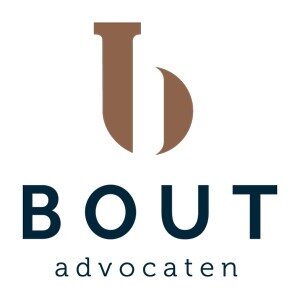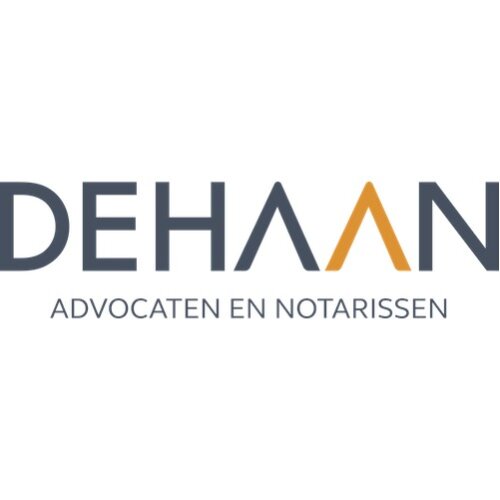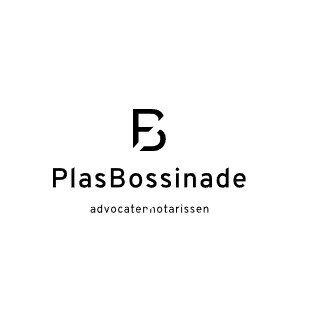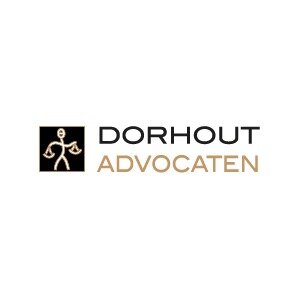Best Sanctions & Export Controls Lawyers in Groningen
Share your needs with us, get contacted by law firms.
Free. Takes 2 min.
List of the best lawyers in Groningen, Netherlands
Netherlands Sanctions & Export Controls Legal Articles
Browse our 1 legal article about Sanctions & Export Controls in Netherlands written by expert lawyers.
- EU Sanctions and Export Controls for Dutch Trading Firms
- Dutch companies must comply with both EU regulations and the Dutch Sanctions Act 1977, which imposes strict criminal and administrative penalties for violations. An Internal Compliance Program (ICP) is the primary legal defense for demonstrating due diligence to Dutch authorities during an audit or investigation. Dual-use goods require specific licenses... Read more →
About Sanctions & Export Controls Law in Groningen, Netherlands
Sanctions and export controls are critical areas of law that regulate the movement of goods, services, technology, and financial assets across borders, particularly when dealing with countries or individuals subject to restrictions. In Groningen, as part of the Netherlands and the European Union, these laws are enforced to ensure compliance with both EU-wide regulations and national legislation. The aim is to uphold international security, protect human rights, and prevent the proliferation of weapons or sensitive technologies. Businesses and individuals in Groningen are required to stay informed and compliant with these complex legal frameworks to avoid severe penalties and protect their interests.
Why You May Need a Lawyer
Engaging a lawyer with expertise in sanctions and export controls can be crucial in various situations, such as:
- Business transactions involving restricted countries or entities
- Exporting or importing dual-use goods or sensitive technology
- Receiving notice of an investigation or enforcement action from authorities
- Developing and implementing internal compliance programs to prevent violations
- Seeking licenses or exemptions for specific transactions
- Providing employee training on export control responsibilities
- Conducting due diligence in mergers and acquisitions with companies exposed to sanctions risk
- Responding to blocked funds or assets due to sanctions regulations
Legal guidance ensures that businesses and individuals understand their obligations, avoid costly mistakes, and can defend their rights if facing enforcement.
Local Laws Overview
The Netherlands enforces sanctions and export controls in accordance with EU regulations, particularly Council Regulations that impose restrictive measures with regard to specific countries, individuals, or sectors. The Dutch Central Import and Export Service (Centrale Dienst voor In- en Uitvoer, or CDIU) is the primary body handling export licenses and control procedures. Key aspects include:
- Mandatory export licenses for certain goods, especially military and dual-use items
- Compliance with embargoes and sanctions against specified individuals, companies, or nations
- Due diligence requirements for businesses engaging in international transactions
- Severe penalties for intentional or reckless violations, including fines and imprisonment
- An obligation to report suspicious transactions or interactions
Local enforcement bodies work closely with the Public Prosecution Service and the Financial Intelligence Unit to detect and respond to violations.
Frequently Asked Questions
What are sanctions and how do they apply in Groningen?
Sanctions are measures imposed by governments or international bodies to restrict trade or activities with certain parties. In Groningen, EU and national Dutch sanctions apply equally, affecting anyone doing business that could interact with sanctioned parties.
Who enforces export controls and sanctions in the Netherlands?
The Dutch government, primarily through the CDIU and customs authorities, enforces export controls. The Ministry of Foreign Affairs is also involved, especially regarding policy and licensing.
Which goods are subject to export controls?
Export controls apply to military items, dual-use goods (products with both civilian and military uses), and specific technologies that could be misused contrary to EU interests.
How can I check if my product is controlled?
You can consult the EU Dual-Use Regulation, the Dutch export control list, or consult a specialized lawyer or the CDIU for clarification.
What penalties can result from violating sanctions or export controls?
Penalties may include heavy fines, criminal prosecution, loss of export privileges, and imprisonment in serious cases.
Is a license always required to export goods from Groningen?
No, only certain listed or sensitive goods require export licenses. However, it is important to check each transaction for possible restrictions before proceeding.
Can I trade with a company located in a sanctioned country if their products are not on any restricted list?
It is prohibited to engage with entities or individuals that are subject to sanctions, regardless of the product, unless authorized by a specific license or exemption.
What should I do if I suspect a transaction could violate sanctions laws?
You should halt the transaction and seek immediate legal advice. Reporting to authorities may also be required depending on the circumstances.
How do sanctions affect payments and financial transfers?
Banks often block or freeze funds involved in transactions with sanctioned parties, leading to significant delays or forfeitures. Legal advice can help resolve such issues.
What is a dual-use item?
A dual-use item is a product, technology, or software that can be used for both civilian and military purposes and may be subject to export controls.
Additional Resources
If you need more information or guidance on sanctions and export controls in Groningen, consider contacting the following:
- Dutch Central Import and Export Service (CDIU) - for licensing and information on controlled goods
- Netherlands Enterprise Agency (RVO) - provides guidance for exporters and businesses
- Ministry of Foreign Affairs - for policy and international compliance information
- Financial Intelligence Unit Netherlands - for issues relating to financial sanctions and suspicious transactions
- Local chambers of commerce - for business compliance support
Next Steps
If you believe you need legal assistance with sanctions or export controls in Groningen, consider the following steps:
- Collect any relevant documents, correspondence, or contracts related to your query
- Identify the nature of your transaction or concern and any parties involved
- Contact a lawyer or legal expert specialized in Dutch and EU sanctions and export controls law
- Consult with relevant government agencies or professional organizations for further guidance
- Implement or review internal compliance measures to prevent future issues
Timely legal advice can help you navigate complex regulations, safeguard your interests, and prevent potentially severe consequences from unintentional violations.
Lawzana helps you find the best lawyers and law firms in Groningen through a curated and pre-screened list of qualified legal professionals. Our platform offers rankings and detailed profiles of attorneys and law firms, allowing you to compare based on practice areas, including Sanctions & Export Controls, experience, and client feedback.
Each profile includes a description of the firm's areas of practice, client reviews, team members and partners, year of establishment, spoken languages, office locations, contact information, social media presence, and any published articles or resources. Most firms on our platform speak English and are experienced in both local and international legal matters.
Get a quote from top-rated law firms in Groningen, Netherlands — quickly, securely, and without unnecessary hassle.
Disclaimer:
The information provided on this page is for general informational purposes only and does not constitute legal advice. While we strive to ensure the accuracy and relevance of the content, legal information may change over time, and interpretations of the law can vary. You should always consult with a qualified legal professional for advice specific to your situation.
We disclaim all liability for actions taken or not taken based on the content of this page. If you believe any information is incorrect or outdated, please contact us, and we will review and update it where appropriate.











